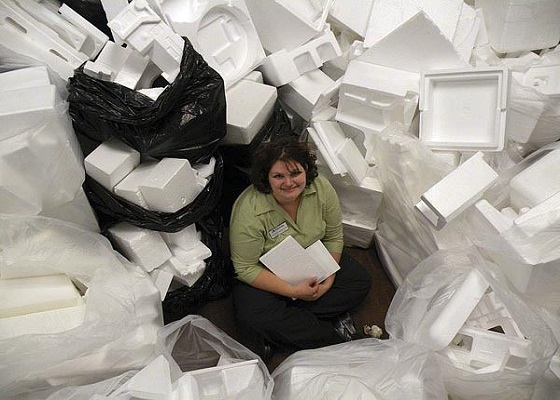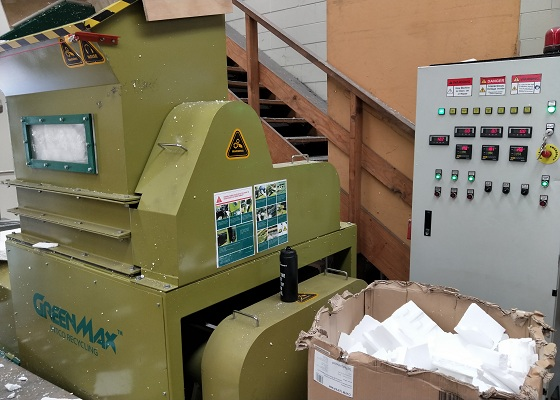EPS compactors respond well to growth in municipal waste
According to data published by Eurostat, the EU will generate 225.7 million tonnes of municipal waste in 2020. These figures represent a 1% increase compared to 2019 and a 14% increase compared to 1995. Only seven member states have seen a decrease per capita in municipal waste generation, while the remaining countries have seen an increase in per capita waste generation.

This discrepancy reflects the differences in waste collection and management capacity between different municipalities. Interestingly, despite the fact that the EU is generating more waste, the total amount of municipal waste staying in landfill has decreased. In 2020, the total amount of municipal waste in landfill decreased from 121 million tonnes in 1995, to 52 million tonnes, which corresponds to an annual reduction of 4%. Why is this happening?
To a large extent, this increase in waste production but decrease in landfill is due to the fact that the level of recycling is increasing year on year. Recycling is a process whereby certain materials are given a second life creating a circular economy. For example, EPS, a common type of foam, is disposed of by incineration and landfill before being recycled. Some people even consider it to be more harmful than valuable, so one after another laws have been enacted to ban the use of EPS, but it takes time to find the perfect alternative to this material. In this environment, the need to recycle EPS is urgent.

Fortunately, EPS recycling is gaining more attention as the circular economy continues to grow. The dangers of discarding EPS directly are well known; not only is it difficult to degrade naturally in the long term, but it also contaminates the oceans with waste. Instead of wasting a 100% recyclable material, there is a scientific way to make the most of it. EPS compactors are a 100% environmentally friendly form of recycling, using advanced scientific techniques to reduce and densify low density foam into compact EPS briquettes with a compression ratio of 50% to 90%.

In addition to EPS, the EPS compactor is also compatible with other foam materials such as XPS, EPP and EPE, including electronic packaging, furniture packaging, food packaging etc. The EPS compactor is a labour-saving machine. It is easy to operate and is equipped with a fully automatic breaking and hot melt system. It does not require staff to monitor progress all the time. It is certainly a high quality method that can be used for recycling in times of increased waste production. In conclusion, the solution to the problem of increased waste production is not only to reduce waste production at source, but also to recycle resources in a scientific way, reducing pressure on the ecology and saving valuable land resources.
